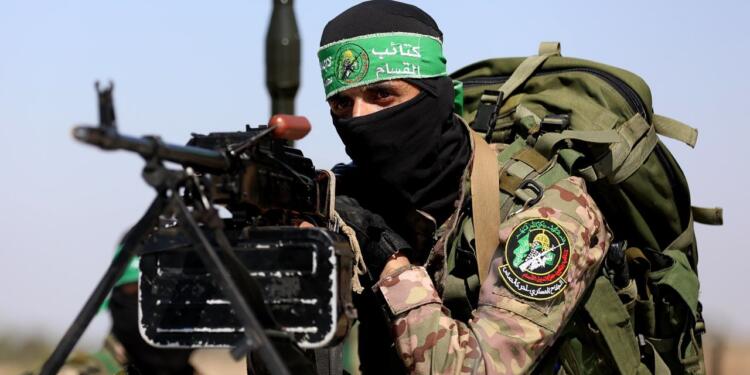In a landmark decision, Argentina has officially labeled Hamas as a terrorist group. This move, announced by President Javier Milei’s administration, aligns Argentina more closely with the United States and Israel. The government has also ordered a freeze on Hamas’ financial assets within the country, marking a significant shift in Geo-Politics and Argentina’s foreign policy stance.
Reasons Behind the Decision
The primary trigger for this action was Hamas’ attack on Israel on October 7, 2023. This assault, the deadliest in Israel’s 76-year history, resulted in approximately 1,200 casualties and 250 hostages. Hamas, known for its militant activities, has long been a source of concern for many nations. Additionally, Argentina cited Hamas’ close ties with Iran, a country implicated in two deadly attacks on Jewish sites in Argentina. These connections have raised alarm bells within the Argentine government, prompting this decisive action against Hamas.
Historical Context: Attacks on Argentine Soil
The announcement comes just before the 30th anniversary of the 1994 bombing of a Jewish community center in Buenos Aires. This attack, which killed 85 people and injured hundreds, remains the worst terrorist incident in Argentina’s recent history. Another attack on the Israeli Embassy in Buenos Aires in 1992 claimed over 20 lives. Argentina’s judiciary has linked these attacks to Hezbollah, an Iran-backed militant group. The memory of these tragic events has undoubtedly influenced Argentina’s current stance on Hamas and other organizations it deems terrorist in nature.
Hamas and International Relations
Many countries, including the United States and European Union members, have long designated Hamas as a terrorist organization. Hamas controlled the Gaza Strip before the current conflict with Israel began. The group’s activities have been a source of international concern, with its tactics often drawing widespread condemnation. Previous Argentine governments maintained friendly relations with Israel while also supporting Palestinian statehood. However, the current administration’s approach represents a significant departure from this balanced stance.
Milei’s Stance on Israel and Hamas
President Milei has positioned himself as a strong supporter of Israel, even among its closest allies. This support comes at a time when Israel faces growing international criticism over its military campaign in Gaza, which has resulted in over 38,000 Palestinian deaths and a severe humanitarian crisis. Milei’s vocal backing of Israel and his decision to designate Hamas as a terrorist group reflect his administration’s commitment to aligning with what they perceive as Western values and interests.
Argentina’s New Foreign Policy Direction
Milei’s office stated that Argentina must realign itself with Western civilization. This statement underscores the administration’s desire to forge closer ties with countries like the United States and Israel. The president’s first state visit was to Jerusalem, where he promised to move Argentina’s embassy to the contested capital. This move earned praise from Israeli Prime Minister Netanyahu but drew criticism from Hamas and other Palestinian groups. The decision to designate Hamas as a terrorist organization is therefore consistent with Milei’s broader foreign policy objectives.
Impact on Argentine-Palestinian Relations
The designation of Hamas as a terrorist group may have implications for Argentina’s relationships with Palestinian authorities and other Middle Eastern nations. While the move is primarily focused on Hamas, it could be perceived as a shift away from Argentina’s traditional support for Palestinian statehood. This change in policy may lead to diplomatic challenges in the region and potentially affect Argentina’s standing among countries sympathetic to the Palestinian cause.
Hamas’ Response and International Reactions
Following Argentina’s announcement, Hamas condemned the decision, calling it a misguided move that ignores the Palestinian struggle for self-determination. The group maintains that it is a legitimate resistance movement fighting against Israeli occupation. International reactions to Argentina’s decision have been mixed, with some countries applauding the move while others express concern about its potential impact on peace efforts in the Middle East.
Conclusion
Argentina’s decision to designate Hamas as a terrorist organization marks a significant shift in its foreign policy. While largely symbolic, this move reflects President Milei’s commitment to aligning Argentina more closely with Israel and the United States. The government’s stance on Hamas is likely to have far-reaching implications for Argentina’s role in international affairs, particularly in the Middle East.
ALSO READ: Are some leaders conspiring because they have no solution to Yogi’s popularity?





















